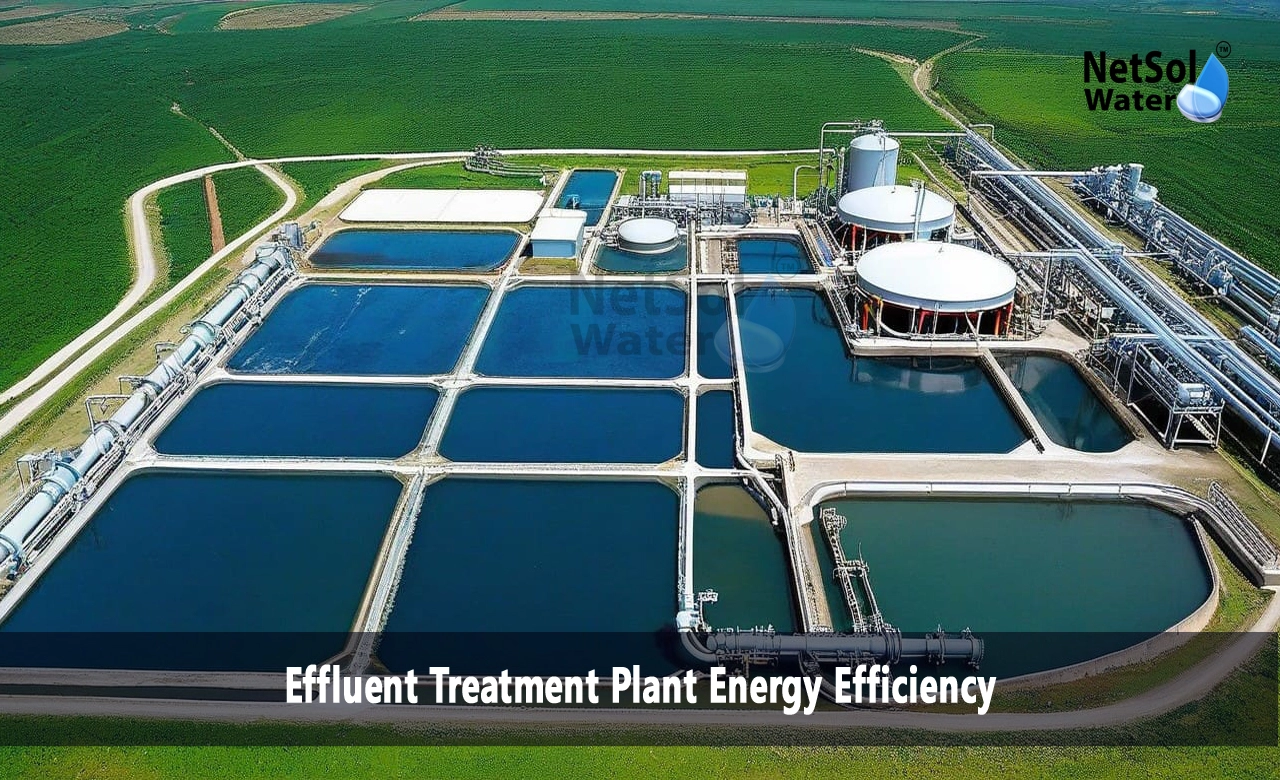Effluent Treatment Plant Energy Efficiency
Effluent treatment plants are highly energy-intensive operations due to processes like aeration, pumping, heating/cooling, and sludge handling. As energy costs continue to rise and environmental sustainability goals take precedence, improving energy efficiency at effluent treatment plants has become a top priority. We will explore various strategies to reduce the energy footprint and achieve greener, more cost-effective effluent management.
Energy Audit and Monitoring
The first step towards energy efficiency is conducting a thorough audit to establish a baseline for current energy consumption across all processes and utilities at the treatment facility. This data-driven approach identifies inefficiencies and areas for optimisation. Installing advanced submetering and monitoring systems provides real-time visibility into energy usage patterns. Analytics on this data enables tracking Key Performance Indicators (KPIs) to measure improvement impacts from efficiency initiatives over time.
Optimising Aeration Systems
Aeration accounts for a significant portion of the energy consumed in biological treatment processes for effluents. Retrofitting ageing aeration blowers and diffusers with newer high-efficiency turbo blowers and fine pore diffuser membranes substantially reduces air demand and power consumption. Automating aeration control by monitoring real-time oxygen levels minimises excessive aeration. Other interventions include optimising basin geometry, improving diffuser layouts and using oxygen injection systems where feasible.
Pumping System Enhancements
After aeration, pumping is the next major energy hog due to requirements for influent pumping, effluent discharge and recirculation of process streams. Deploying high-efficiency pumps and matching pump sizing to precise hydraulic conditions eliminates oversizing inefficiencies. Advanced pump control strategies, including variable speed drives synchronised to influent flow rates, also yield sizable energy savings. Regularly maintaining pump components like impellers also boosts pumping efficiency.
Process Heating and Cooling Optimization
Effluent treatment often necessitates heating for operations like anaerobic digestion or cooling for certain chemical treatments. Improving the insulation and control systems for heat exchange helps minimise thermal energy losses. Capturing waste heat from pump motors or process streams via heat recovery equipment presents another opportunity. For cooling, transitioning to energy-efficient chiller systems optimised for the plant's load profile instead of oversized units pays dividends.
Digestion and Dewatering Improvements
Processing and dewatering of sewage sludge consumes significant energy through blowers, centrifuges and other dewatering equipment. Upgrading to high-efficiency centrifugal dewatering systems and capitalising on energy-producing biogas from anaerobic digestion improves this stage's efficiency. Polymer dosing optimisation for dewatering also minimises energy wastage. For smaller plants, solar drying beds and gravity-thickening tanks reduce power requirements.
Automation and Process Control
A key enabler for enhancing energy efficiency is implementing comprehensive plant automation with advanced process control systems. Intelligent algorithms optimise equipment operation based on sensor feedback and variable conditions. Load management distributes demands intelligently when possible. Real-time monitoring triggers immediate corrective actions to course-correct deviations. Such integrated digital oversight consistently maintains processes at peak efficiency levels.
Conclusion
Effluent treatment plants present numerous potential avenues for driving energy savings and environmental sustainability. Low-capital upgrades to aeration, pumping and key processes quickly provide efficiency gains. Transitioning to energy recovery systems and heat pumps and optimising utility systems like HVAC enable deeper savings. Ultimately, adopting advanced automation and control systems powered by machine learning algorithms unlocks the full energy efficiency potential. A holistic efficiency improvement program encompassing active monitoring, optimisation and sustainability-focused investments protects both operating costs and the environment.
Netsol Water is Greater Noida-based leading water & wastewater treatment plant manufacturer. We are industry's most demanding company based on client review and work quality. We are known as best commercial RO plant manufacturers, industrial RO plant manufacturer, sewage treatment plant manufacturer, Water Softener Plant Manufacturers and effluent treatment plant manufacturers. Apart from this 24x7 customer support is our USP. Call on +91-9650608473, or write us at enquiry@netsolwater.com for any support, inquiry or product-purchase related query.



